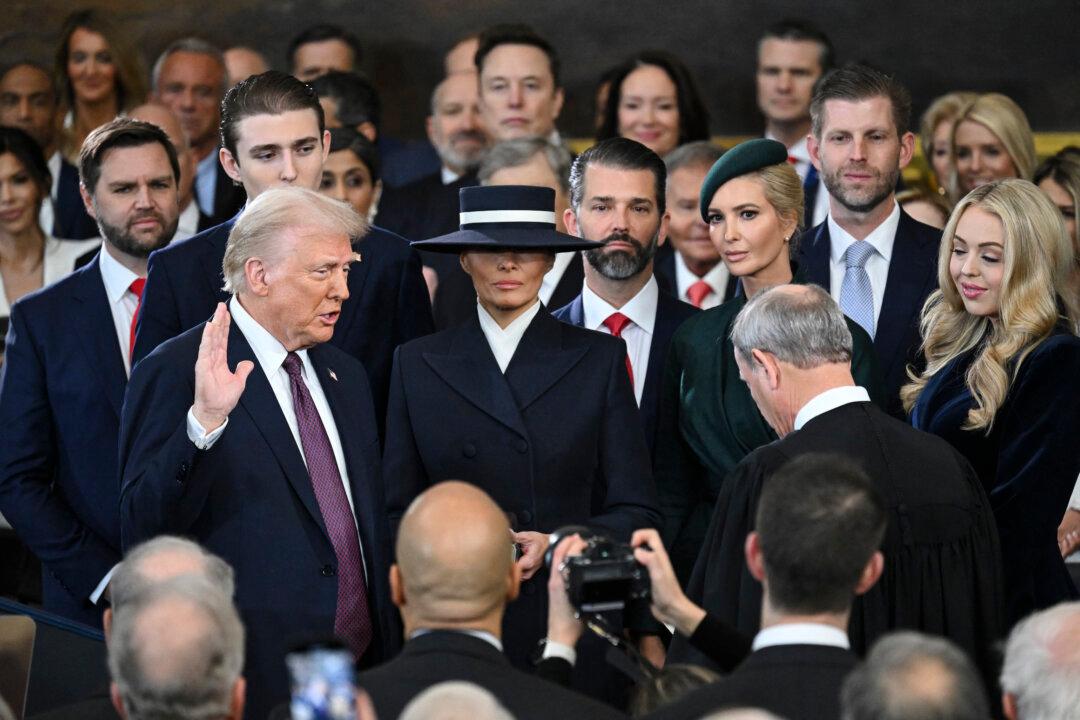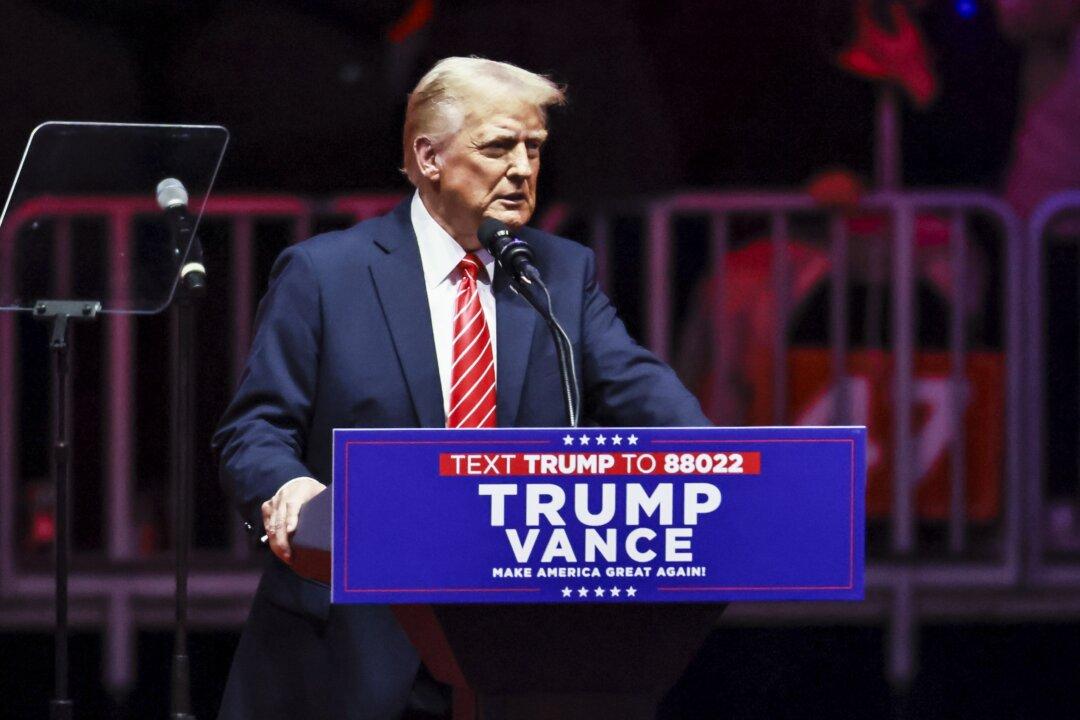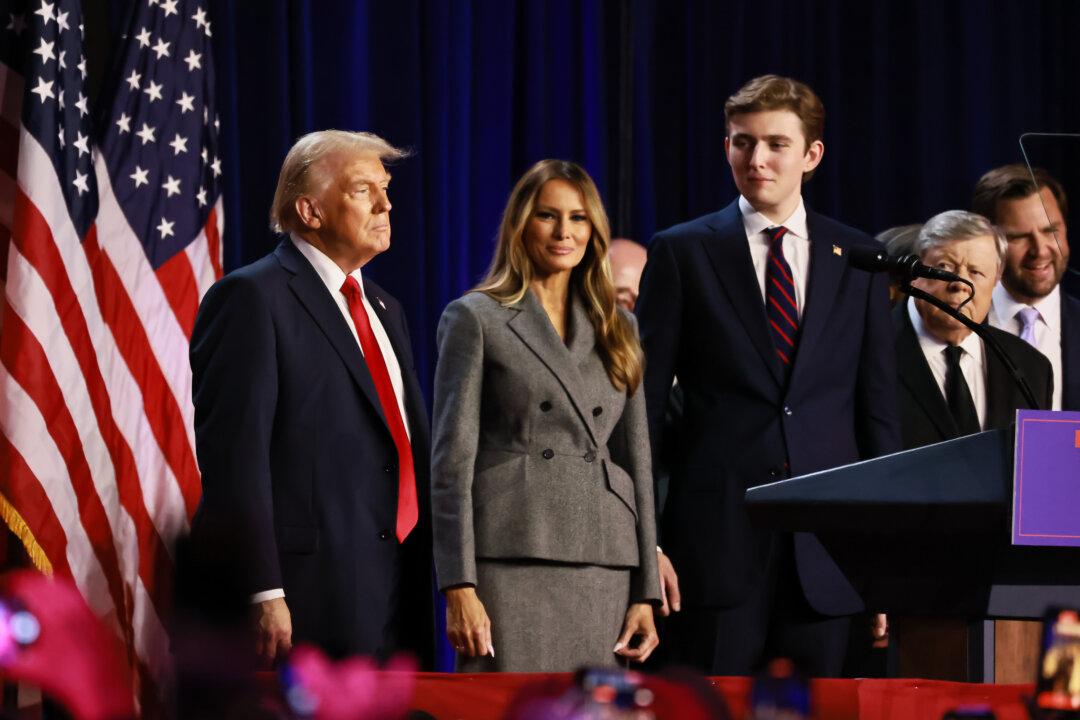The Department of Justice accused a Russian national on Oct. 19 of conspiring to influence the American political system, including the 2018 midterm election.
With less than three weeks to go until Election Day, federal prosecutors detailed an extensive Russian political influence operation which spent $35 million in 18 months to sow discord in countries around the world, including the United States.
Investigators cite extensive details of the financial workings and internal communications from Project Lakhta, suggesting that U.S. investigators either exfiltrated or intercepted data from the operation.
According to the indictment, the Russian conspiracy sought to conduct what it internally called “information warfare against the United States of America” through the use of fake social media accounts pretending to be Americans.
The group is operating to this day, the indictment alleges, and seeks to “sow division and discord in the U.S. political system, including by creating social and political polarization, undermining faith in democratic institutions, and influence U.S. elections.”
“Unlawful foreign interference with these debates debases their democratic integrity, and we will make every effort to disrupt it and hold those involved accountable.”
Khusyaynova managed the financing of nearly all aspects of Project Lakhta starting in April 2014, court documents say. The large-scale operation was headed by a management group and organized into departments, including finance, information technology, a search engine optimization, analytics, and design and graphics.
Project Lakhta employed social media to work both sides of divisive social and political issues, ranging from the NFL national anthem protests to President Donald Trump’s proposed wall on the U.S. border with Mexico. Operatives were given specific instructions for framing news stories and attacking key American figures, including Rep. Paul Ryan and special counsel Robert Mueller.
The conspirators took extraordinary technological measures to appear to be ordinary Americans, including the use of virtual private networks.
According to the Department of Justice, the influence operation did not have any effect on the outcome of any election but may have had success in its goal of dividing Americans and sowing distrust in the American political process.
“This case serves as a stark reminder to all Americans: Our foreign adversaries continue their efforts to interfere in our democracy by creating social and political division, spreading distrust in our political system, and advocating for the support or defeat of particular political candidates,” said FBI Director Christopher Wray.
The indictment does not allege that any American knowingly worked with the Russians.





